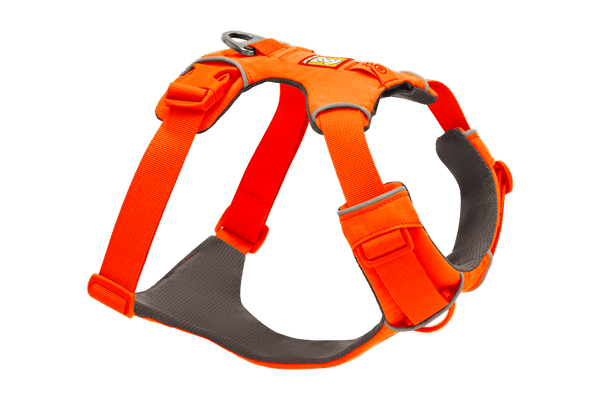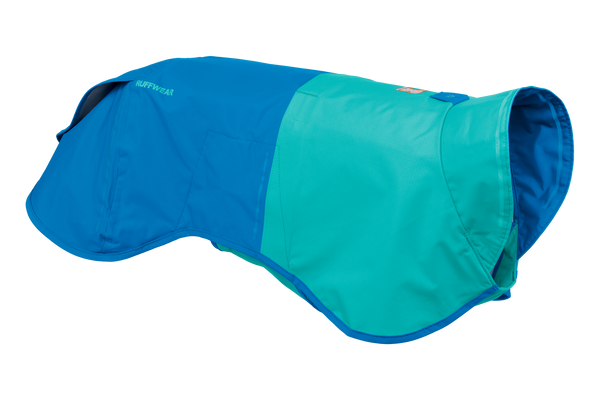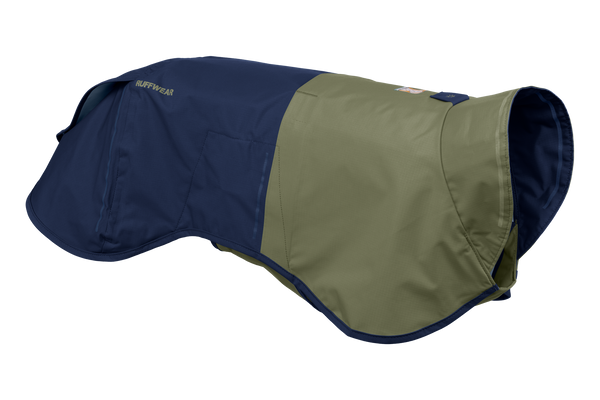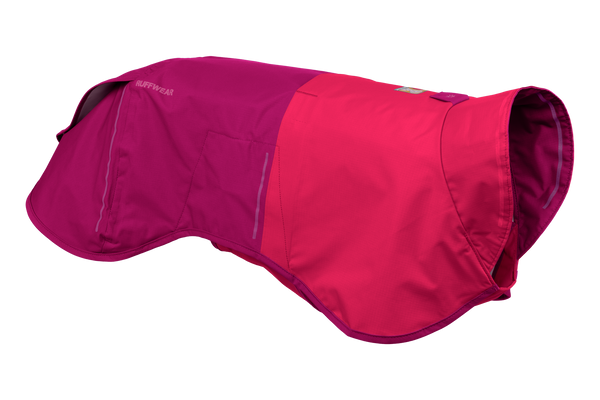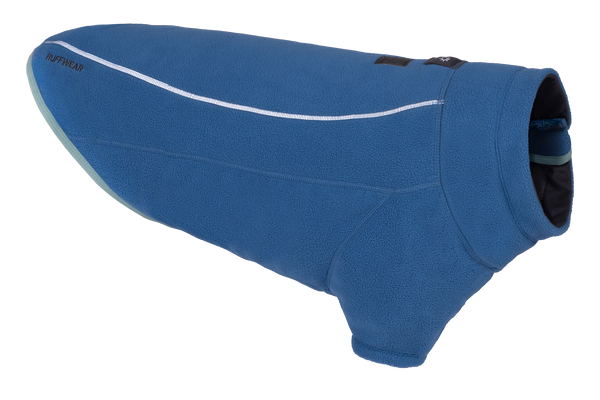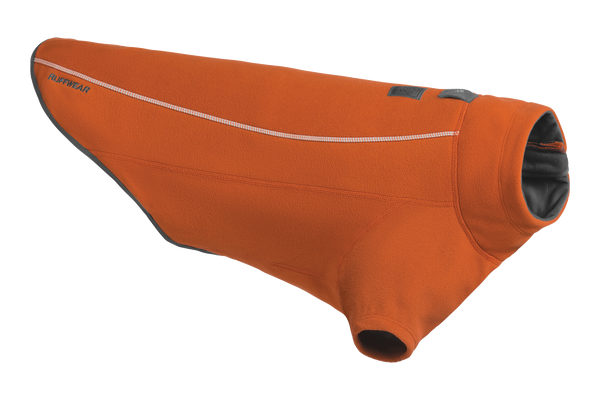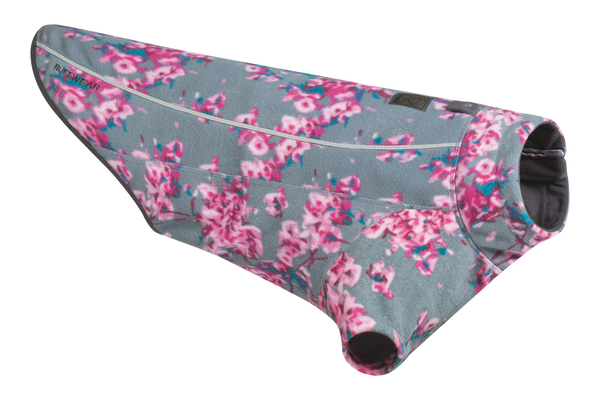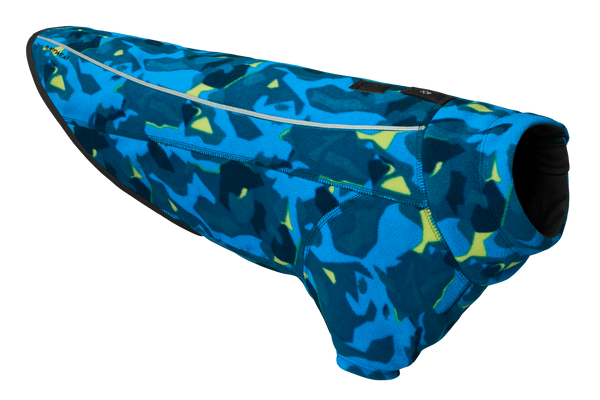Finding Soul River
“I started hooting and hollering, and that was when I started feeling this happiness, this moment of happiness. It was like I'd been dead, and it was this jolt of excitement making me feel alive. It made me laugh, it made me smile, it made me be in the present.” - Chad Brown

In that moment, Chad Brown, a U.S. Navy veteran, was fly fishing for the very first time and he had a jack salmon on his line. The tug of the fish pulled him out of a zombie-like haze induced by twelve different medications. The meds had been prescribed to deal with the effects of PTSD – nightmares, hallucinations, anxiety attacks, flashbacks – a pill for everything. Chad had become medicated to the point that he ceased to feel anything at all.

“I couldn’t feel the air. I couldn’t feel the grass. I couldn’t even smile — I’d forgotten how to smile. And so, when I threw it out there and cast into a jack salmon, that was probably the most joyful and biggest day of my life. I felt the ooze of all this medication seeping out of my pores. It was like my joy, my happiness, became this medicine off of the experience that I was having in nature on the river.” - Chad Brown

That moment was thirteen years ago and it was a pivot point in Chad’s life. Afterward, he immersed himself in the fly fishing community and weaned himself off prescription meds. He sought healing on the river. And, after two years on a waitlist, he acquired his service dog Axe. Axe assists Chad in his journey by helping him stay grounded and present when the nightmares come or when life becomes too much.

Chad Brown is a decorated veteran who served in the United States Navy from 1991-1994, during Operation Desert Storm in the Persian Gulf War and Operation Restore Hope in Somalia. After serving, Chad lived in New York City, where he earned a master's degree from Pratt Institute and worked as a photographer and designer in the advertising industry.
While living and working in New York, Chad began experiencing symptoms of post traumatic stress disorder (PTSD), though he didn’t understand what was happening at the time. He moved to Portland, OR, and things got worse. Chad suffered blackouts, surges of anger or fits of crying, and he would forget things or lose his way within blocks of his house. Things spiraled and Chad lost everything – his career, his savings, his home. He was afraid to go to sleep, so he wandered the streets of the city and lived in the shadows, searching for food in dumpsters and giving plasma two times per week to earn enough for a bite to eat. He experienced shame and embarrassment.
Eventually, someone reached out to him and helped him connect with the VA, where he could access the resources he needed. Chad began getting help through individual and group therapy, and he was prescribed a number of medications for his symptoms. Chad became numb from all of the medications, and he became suicidal. He was getting help, but he was still lost.
Then, a friend reached out and took him fly fishing. This is where our story begins – on Chad’s first time to the river, where he hooked a jack salmon and felt a breath of life move through him. It was his turning point, though he still had a long road ahead. A few years after that first fishing trip, Axe joined Chad as his service dog and became another grounding force in Chad’s life.
When he was ready to re-enter society, Chad decided that he would dedicate his life to giving back to others who might find healing, connection, and purpose in nature – specifically, inner city youth and veterans. He founded the nonprofit organization Soul River, Inc., through which he brings at-risk youth and veterans into the outdoors.

Drawing on the strength he found in nature, Chad re-entered society and discovered his life’s purpose in helping others find this same connection to the outdoors and the healing it provides. Chad founded the nonprofit Soul River, Inc. to share the healing power of nature, rivers, and fly fishing with veterans and inner-city youth. With Chad at its helm and Axe by Chad’s side, Soul River helps its participants discover their own purpose, their own “Soul River,” while learning about leadership, conservation, and community.
Before it was an established nonprofit organization, Soul River, Inc. was simply Chad – Chad organizing fly-fishing meetups. “I didn’t know what I was doing, you know? I was just really stoked and excited,” Chad explains. Because fly-fishing isn’t exactly approachable for everyone, he went to the disconnected segments of the communities he wanted to reach. Instead of going to the river, he would go to urban parks and dry cast in the middle of the basketball court.
It would draw the attention and curiosity of kids playing ball, and they’d start asking questions: “What is that? Can you teach me that?” Other times, Chad would go to the park or to a café and tie flies. He would bring his own reggae or jazz music or trade flies with a street musician and they would play. In this way, Chad brought the river to those who might otherwise have not dreamed of it, or not thought that it was possible for someone like them, or who would not have felt comfortable walking into a fly shop. With time, Chad developed a following and his meetups went from one person to two hundred. And this became the beginning of Soul River, Inc.

Applying his military background to his work at Soul River, Chad developed a program that takes “warriors” – at-risk youth and veterans – and “deploys” them into a “warzone” – an environment where fresh water, land, wildlife, or indigenous cultures are threatened. He works with conservation groups and Native American communities to determine which areas across the United States could use their attention and advocacy. Often, the locations are remote and extreme – such as the Arctic. Chad and Axe go on every deployment.

The goals of the deployment programs are layered. For the youth and the veterans, the experience helps them find their own “Soul River” – their purpose, passion, their connection to the outdoors and to each other. It’s an opportunity to learn about leadership, indigenous cross cultural relations, environmental advocacy, congressional exposure and training, relationship-building, and being integral to a community. Then, there’s a conservation and advocacy component, where the group learns about the environment to which they’re deployed, the specific threats it faces, and how they can be a force for good – both on the ground and after they return home.

In June 2019, Chad, Axe, and 10 veterans and youth embarked on Soul River’s fourth deployment to the Arctic National Wildlife Refuge. They spent time learning from the Gwich’in people – about the Arctic, what the region means for Gwich’in culture and way of life, and how oil and gas development and climate change are impacting Arctic inhabitants – including the indigenous communities as well as caribou, muskoxen, fish, migrating birds, and other wildlife.

In exchange for these teachings, the Soul River group gives back to the Gwich’in – in whatever way they need. On this trip, it was re-building a community garden. Everyone comes together on the project, learning the value of working together and collaborating for the good of all.

Upon returning from deployment, the work is just beginning. Soul River sets up advocacy opportunities, meetings, and visits to Congressional offices so that youth and veterans can share their learnings and practice their presentation and leadership skills – and keep the conversation efforts moving forward.

For Chad and Axe, it’s a busy, nonstop cycle of planning, preparation, meetings, deployment, advocacy, and so on. The pair goes on about six deployments each year, from the Arctic to the Everglades to rivers in their Oregon backyard. And yet, Chad’s PTSD has not gone away. The nightmares and debilitating anxiety cannot be “cured.” This is where he incorporates coping mechanisms like breathing exercises, self-care, and going to the river. And, this is where he relies on Axe.

“There are times when I’m not able to get to the river, when I’m weaving in and out of meetings and moving through the city. Axe gives me that support, for me to be able to function. When I have Axe there and he looks up at me, he’s not showing an ounce of fear. He’s strong. He’s my rock. It’s almost like he’s saying, ‘Let’s go. Let’s do this.’ And so, there’s this place where I transfer my fear and let Axe carry that for me.” - Chad Brown
